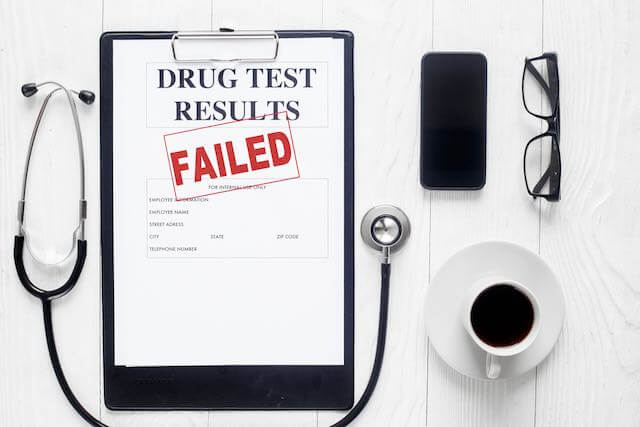In Lanier v. Department of the Air Force (CAFC No. 2022-2166 (nonprecedential) 1/30/2024), the Air Force mechanic employed at Robins Air Force Base, Georgia, was ordered to report for a routine drug test that unhappily tested positive for meth. Citing this positive drug test, Mr. Lanier was removed. During the notice and response phase of the personnel action, Lanier denied he had used meth. He thought the result could have been a false positive because he had recently taken meds for an infection. The agency investigated his contention but concluded that the meds Lanier pointed to would not have led to a positive test given the protocol applied to his test. Eventually, the Air Force removed Lanier. (Opinion p, 2)
Lanier appealed to the Merit Systems Protection Board (MSPB). During the administrative hearing, the lead medical official who reviewed Lanier’s test explained the process typically followed when there is a positive finding: the employee is contacted to see if there is an “innocent explanation” for the result. In Lanier’s case, Dr. Fierro’s staff tried several times to contact Lanier at the phone number he had provided them. Despite many messages left for him and efforts to get in touch through his designated representative, Lanier never called back. At the hearing, Lanier testified that he was not notified of any messages. (P. 3)
Had he responded to efforts to discuss the results, Dr. Fierro’s staff would have reviewed any drugs he was taking as well as medical conditions (such as diabetes) that could cause a positive result. Dr. Fierro suggested that a reasonable explanation could have resulted in the test being found negative. As he testified, “As an example, … diabetes ‘produces a low pH, and a low pH gets flagged and comes across my desk, and I talk to the donor and we find out that they had diabetes…and we make the test negative. We actually cancel it.’” (P 4)
As it so happens, Mr. Lanier testified that he was diagnosed with diabetes not long after the problematic drug test. However, he did not submit any evidence or proof at the MSPB hearing or at any time after, up to closing the record for submission of evidence. The first time he submitted any evidence was when the case was at the full MSPB on review. The Board, in denying Lanier’s appeal, pointed to the fact that such records were apparently available before the record closed but Lanier did not offer a persuasive explanation “as to why he was unable to submit them.” (Pp. 4-5)
At the appeals court, Lanier argued that MSPB erred by not taking into account the belated evidence of his diabetes which was submitted after the record had closed. The court ruled: “The Board…is not required to consider evidence that was not first presented to the administrative judge if the evidence could have been obtained earlier with the exercise of due diligence.” (P. 5)
Finding no error on the part of MSPB, the court has affirmed the Board’s decision. Mr. Lanier raised several other arguments that are addressed in the court’s opinion for those readers who want to see more. None of them held sway with the court. What does stand out in this case is wondering what would have happened had Dr. Fierro’s staff been able to get in touch with him to explore possible explanations for the positive test immediately after it occurred.




